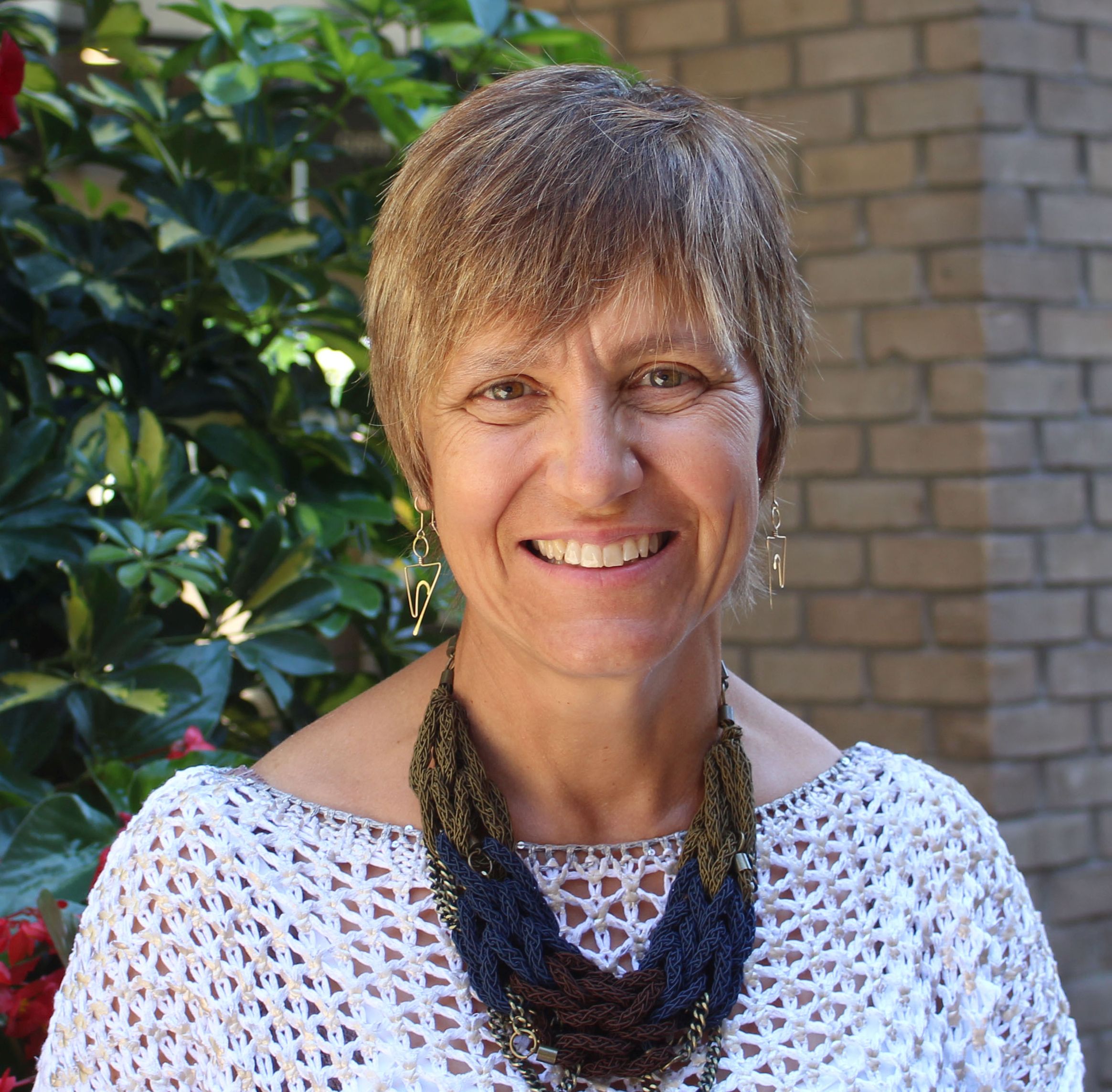Those who call for the overhaul of Ontario’s Children’s Aid Societies fail to understand the many ways in which our system excels.

Mary Ballantyne, Chief Executive Officer, OACAS
Children’s Aid Societies welcome feedback on their work with those Ontario families who struggle with overwhelming challenges related to poverty, violence, addiction, and mental health issues. The Ontario child welfare model, which relies on community involvement, does indeed reflect Ontario’s history of local accountability; it has many demonstrable advantages.
Adding to a series of critical articles in the Star, Martin Regg Cohn has called for the current system to be scrapped and replaced with a more centralized model. However, given the recent issues reported in both the B.C. and Manitoba child welfare systems (which use a more centralized system), we question how Mr. Cohn arrived at his prescription.
Premier Kathleen Wynne has expressed a willingness to “blow up the system” if necessary. We welcome an informed and consultative dialogue about how to continue to improve child welfare in this province. Given that many vulnerable children rely on the services of Children’s Aid Societies and last year over 180,000 calls were made to Children’s Aid Societies, we would suggest a more cautious and considered approach. A recent study of the Ontario child welfare model already exists, and its recommendations for transformation are being implemented daily by child welfare agencies in Ontario.
In 2012, a government-appointed expert panel — The Commission on Sustainable Child Welfare — released its report on the Ontario child welfare system. The panel concluded that Ontario’s community-based child welfare system was “an asset to be maintained” and is “an effective vehicle for tapping into community goodwill, philanthropy and volunteerism while building positive and trusting relationships.”
Of the Commission’s key recommendations, the child welfare system has implemented virtually all: publicly reportable performance indicators, a business plan for shared services, the merger of 16 Children’s Aid Societies via seven amalgamations, cyclical reviews, accountability agreements between CAS boards of directors and the Ministry of Children, Community and Social Servicess (MCCSS), and a project for continuous board governance quality improvement.
All of this is being done within constrained budgets and increased workloads. For the last three years the funding allocation for child welfare has been fixed. The new funding model has drastically reduced the budgets of many Children’s Aid Societies to the point where serious choices have to be made about how to continue to operate. We encourage the Ontario government to assess whether it has been equally diligent in implementing the recommendations of the commission or the Auditor General’s report on the child welfare operations at MCCSS.
The child welfare system in Ontario is in a state of transformation and continuous improvement. Professors Nico Trocmé at McGill University and Barbara Fallon at the University of Toronto have spent years doing rigorous statistical studies of Ontario child welfare. Their national and provincial data have repeatedly shown that Ontario has the lowest rate of removal of children from their home, the second-lowest rate of children in foster care, and that most children return to their families of origin within 12 months.
Yes, there are children who remain in care who are at a high risk of poor outcomes, as are children in care around the world. These children have been exposed to terrible violence, trauma, poverty, addictions, caregivers with serious mental health issues, and usually a combination of all of these factors. These children are not only the responsibility of the child welfare system. These children are the responsibility of the larger social service system, and indeed of all of us. One has only to look at Ontario’s statistics on child poverty to understand why so many children and families require the support of Children’s Aid Societies to survive.
The executive leadership of Children’s Aid Societies in Ontario has made a collective commitment to an accountable, consistent, and transparent process for implementing the recommendations and action required by oversight institutions such as coroner’s inquests, the Auditor General’s report, and Justice Susan Lang’s review of the lamentable failures of SickKids hospital’s Motherisk laboratory. And we are committed to reporting on our collective and individual progress.
What Ontarians require, and should expect, is a responsible and coherent approach to the review and improvement of its child welfare system. Let’s have the public conversation that we need that includes all the stakeholders and puts the voices of children and families first.
This story was originally printed in the Toronto Star on January 1, 2016.